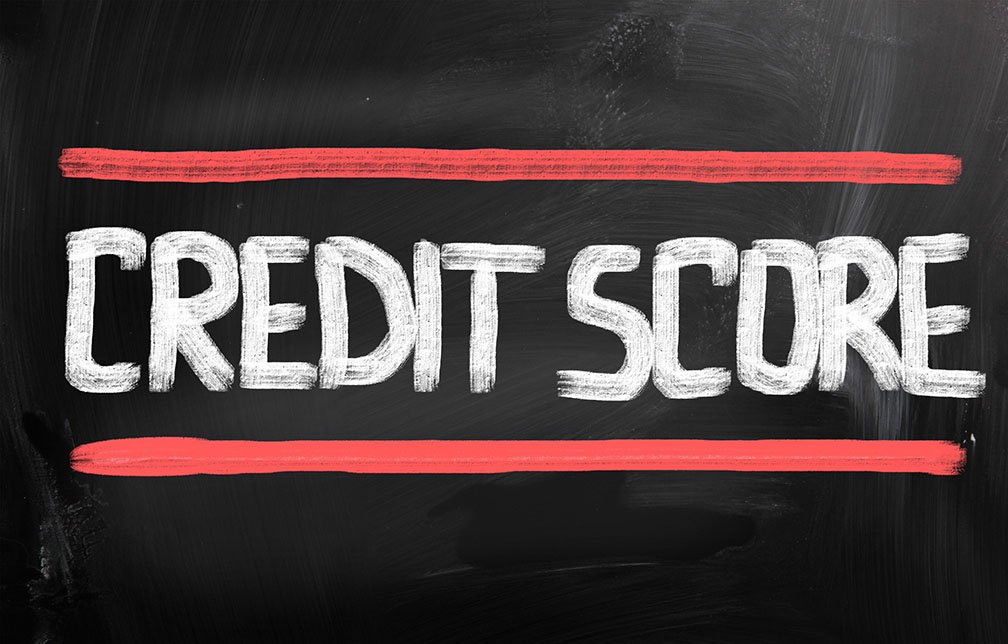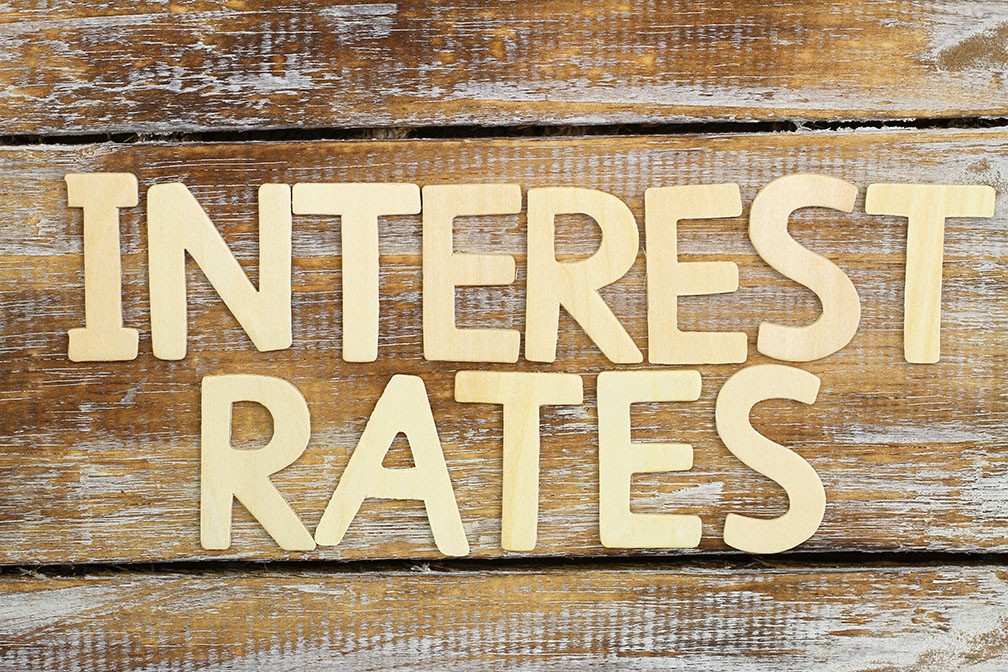Understanding Your FICO Score and Why Small Credit Mistakes Can Cause Huge Headaches
 Many people all over the world are dealing with issues involving debt or poor credit history, but most aren’t necessarily aware of what exactly makes up their credit score. Unfortunately, it might seem like it’s the big stuff that counts when it comes to credit, but little things can have a significant impact on your financial health. If you’re looking to improve your understanding and your finances, here’s what you need to know about small mistakes and your FICO score.
Many people all over the world are dealing with issues involving debt or poor credit history, but most aren’t necessarily aware of what exactly makes up their credit score. Unfortunately, it might seem like it’s the big stuff that counts when it comes to credit, but little things can have a significant impact on your financial health. If you’re looking to improve your understanding and your finances, here’s what you need to know about small mistakes and your FICO score.
Making Late Payments
The due date on your bills might seem like an advisory, but whether we’re talking about a student loan, a credit card payment or your telephone bill, late payments can add up. Your payment history constitutes 35% of your total FICO score, which means that even a couple of late payments can have a marked impact on your overall credit. Instead of leaving this to chance, set aside a day each month before your bills are due to ensure they’re all paid off.
Applying For New Credit
It’s often the case that a store will offer special deals if you sign up for their own in-house credit card, but this can cost you big since the amounts you owe make up 30% of your credit score. Also, because lenders will often assume that you’ve run out of credit if you apply for a new card, applying for new credit can be a red mark against your FICO score. It’s also important to realize that closing off an old, unused credit card can actually bump up your balance so you may want to keep them active temporarily.
Forgetting Credit Altogether
It might seem like the best possible option for avoiding credit issues is to avoid using credit altogether, but your credit history constitutes 15% of your FICO score. This means that you should have at least one credit card in your possession so that you can use it to build a history of lending success. While you won’t want to use more than 30% of your credit limit, it’s important to show proven experience in paying back your lenders.
Many people think that bad credit is the result of overspending and huge debt amounts, but your FICO score is largely determined by your payment history and your available credit. If you’re trying to improve your financial outlook in preparation for buying a home, contact one of our mortgage professionals for more information.

 Whether you’ve just finished school or are about to start a family, investing in a home can be one of the biggest financial decisions of your life. But as you’ll soon discover, there are a number of considerations you’ll need to make. It can be difficult to know whether to get a short-term or long-term mortgage, or how long of an amortization period you’ll need. Read on below for three questions that will help you to make your decision, as now is the best time to dive into the market.
Whether you’ve just finished school or are about to start a family, investing in a home can be one of the biggest financial decisions of your life. But as you’ll soon discover, there are a number of considerations you’ll need to make. It can be difficult to know whether to get a short-term or long-term mortgage, or how long of an amortization period you’ll need. Read on below for three questions that will help you to make your decision, as now is the best time to dive into the market. If you’ve decided to invest in a home, you might be wondering how to make all of the expenses work. From the groceries to your mode of transportation, all of those little things can quickly add up. Fortunately, it’s easy enough to ensure you have the money each month by carefully calculating your expenses and ensuring there’s a little wiggle room in case of leaner times. Here are the details on how to begin with your mortgage budgeting plan.
If you’ve decided to invest in a home, you might be wondering how to make all of the expenses work. From the groceries to your mode of transportation, all of those little things can quickly add up. Fortunately, it’s easy enough to ensure you have the money each month by carefully calculating your expenses and ensuring there’s a little wiggle room in case of leaner times. Here are the details on how to begin with your mortgage budgeting plan. With a high volume of millennials set to enter the real estate market this year, it may seem like all the available options out there were created to snag new home buyers. However, there are products available on the market that cater to those who are in their golden years too. If you’re older than 62 and are currently weighing the options with your mortgage, here are the basics on reverse mortgages and why they might positively benefit you.
With a high volume of millennials set to enter the real estate market this year, it may seem like all the available options out there were created to snag new home buyers. However, there are products available on the market that cater to those who are in their golden years too. If you’re older than 62 and are currently weighing the options with your mortgage, here are the basics on reverse mortgages and why they might positively benefit you. Whether you’re finally prepared to get into the real estate market or you want to know how you can make a deal quick, there are a few necessary documents you’ll need to prove your reliability to a mortgage lender. If you’re wondering what will be involved in getting the application approval you’re looking for, here are the documents you’ll want to have on hand when the time comes.
Whether you’re finally prepared to get into the real estate market or you want to know how you can make a deal quick, there are a few necessary documents you’ll need to prove your reliability to a mortgage lender. If you’re wondering what will be involved in getting the application approval you’re looking for, here are the documents you’ll want to have on hand when the time comes.